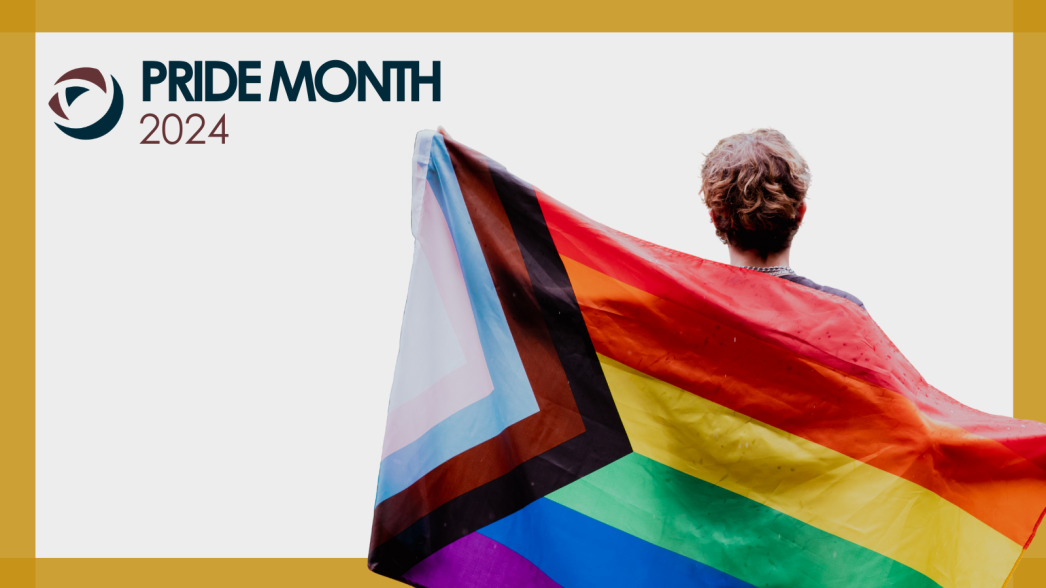We, as a network dedicated to promoting inclusivity and diversity, are thrilled to celebrate Pride Month this June. This month serves as a powerful reminder of the importance of embracing and supporting all individuals. This is regardless of their sexual orientation, gender identity, or disability. At CanFASD, we recognize the intersectionality of identities. Individuals who belong to multiple marginalized communities face unique challenges. We believe that a commitment to inclusivity and understanding is essential for achieving true progress towards equality and social justice.
Internationally, there has been an increase in people identifying outside of the gender binary or with diverse sexual orientations. Individuals with disabilities, including people with FASD, remain underrepresented in policies, practices and research into this area. CanFASD has an issue paper on Sexual orientation, Gender Identity, Gender Expression, and FASD. In this gap analysis, the authors describe what is currently known about LGBTQIA2S+ issues among people with FASD. They have highlighted some key themes found in literature – we have summarized several of these below.
Intersectionality, Stigma, and Discrimination
- Social inequalities due to intersectional identities of disability and queerness can result in stigma, discrimination, and oppression. These manifest in ableism, homophobia and transphobia.
- Individuals with disabilities and diverse gender or sexual identities experience dual marginalization and minority stress.
- It is important to note that further marginalization can occur with additional layers of disadvantaged identities.
Unmet Health Needs
- Individuals with disabilities experience many inequalities across multiple sectors such as justice, housing, education, and health care.
- Individuals with disabilities with diverse sexual and gender identities experience higher rates of unmet health needs than those without disabilities due to specific barriers to access and health equity.
- Case specific context highlights the challenges and complexities in formulating, treating, and providing services for people experiencing disability, mental health concerns, and sexual and gender identity needs.
Suicidality
- It is not uncommon for people with disabilities with diverse sexual and gender identities to experience mental health challenges due to experiences of stigmatization, discrimination, and unmet health needs.
- Recent data on suicidality among people with FASD demonstrated how the complexity and uniqueness of FASD, life stages, and biopsychosocial factors can increase vulnerability to suicidality among people with FASD. Experiences of suicidality among people with FASD are strongly associated with substance use and mental health concerns (e.g. anxiety and depression).
Although little research has been conducted to understand the prevalence and experiences of gender and sexual diversity within the disability community, it is evident that the intersectionality of disability and diverse LGBTQIA2S+ identities can result in experiences of stigmatization, discrimination, unmet health needs, and mental health concerns. An intersectional and human rights-based lens must be applied in research, policy, and practice to aid social transformation toward an inclusive society, especially for individuals with FASD.
Related Content
Found this blogpost interesting? We’d recommend checking out the following resources:
- Become a member of CanFASD – be the first to know about our latest published issue papers.
- Gap Analysis: Sexual Orientation, Gender Identity, Gender Expression, and FASD – read the full issue paper.
- Foundations in FASD Course – online training intended for everyone that will come into contact with individuals with FASD.

